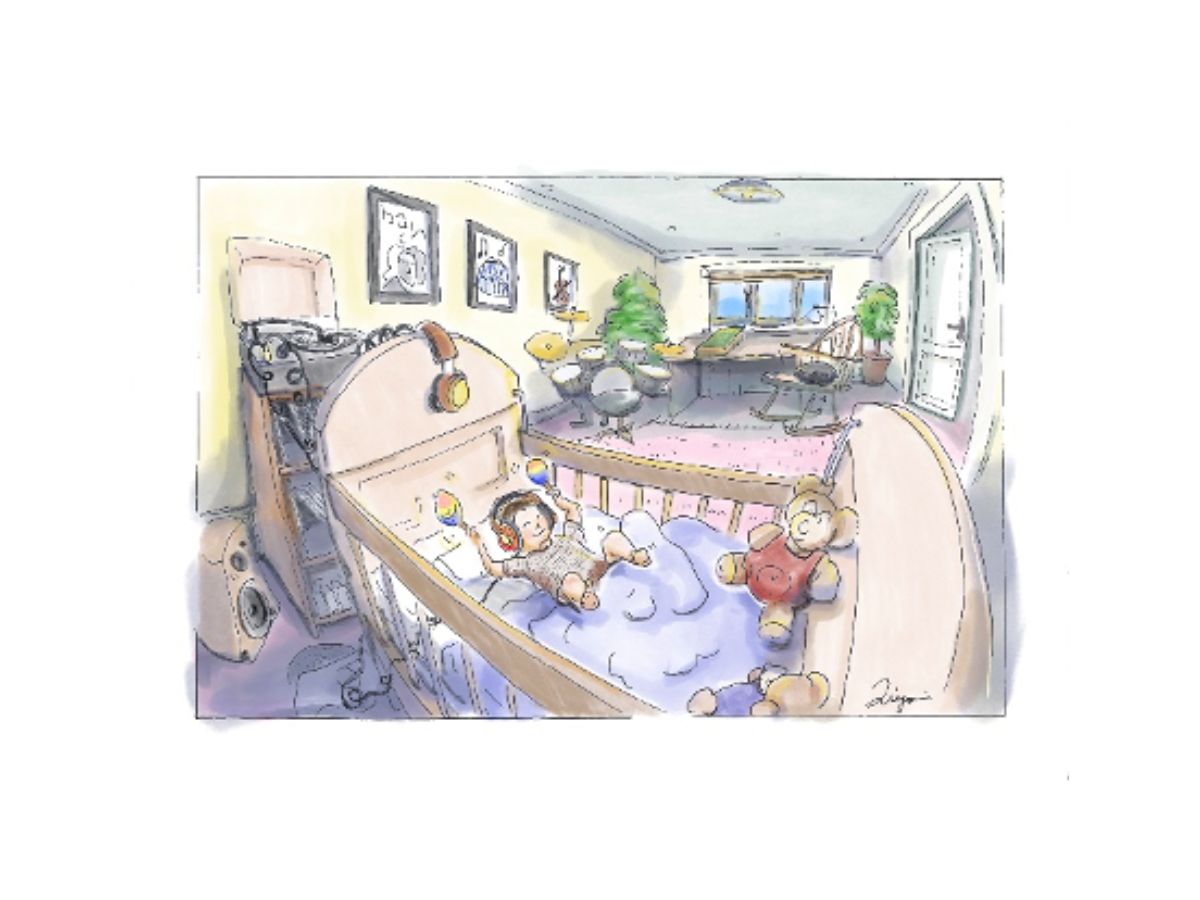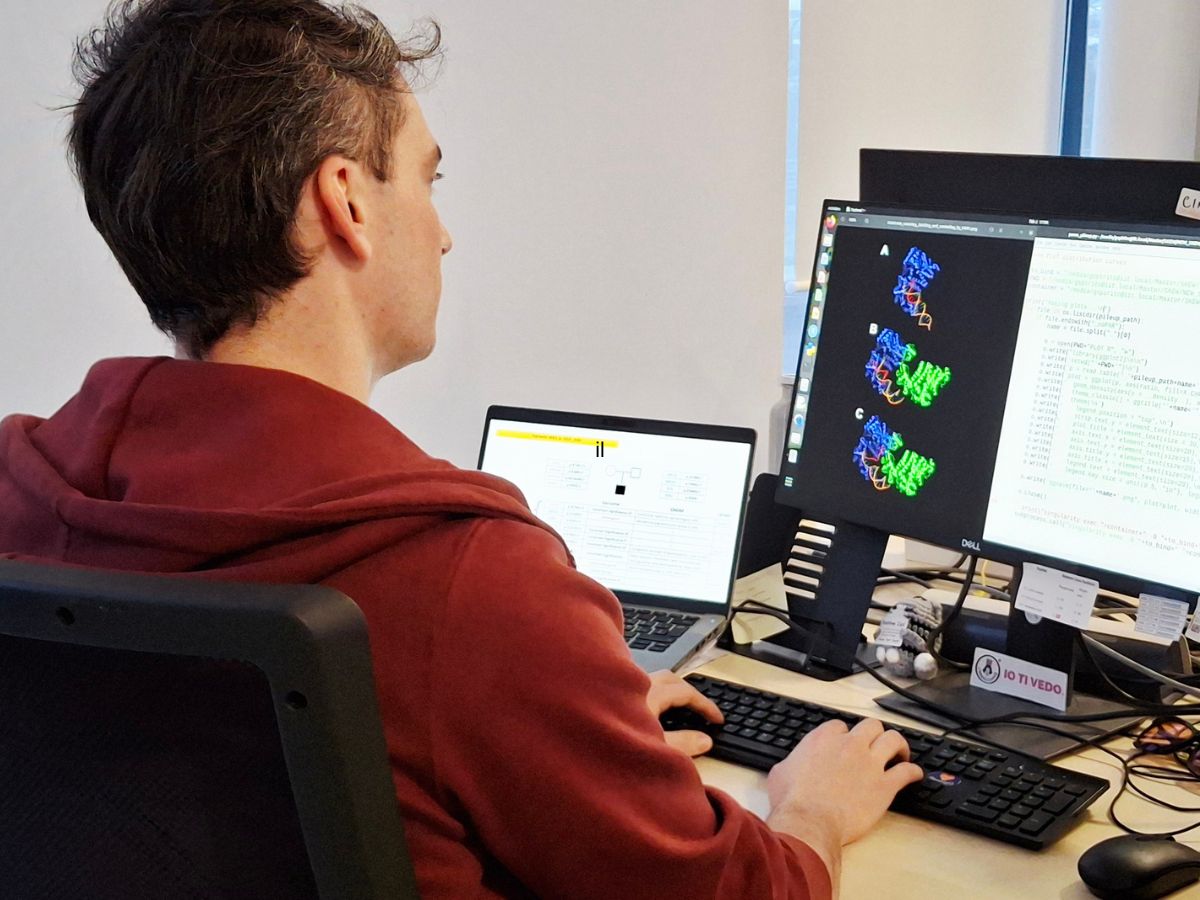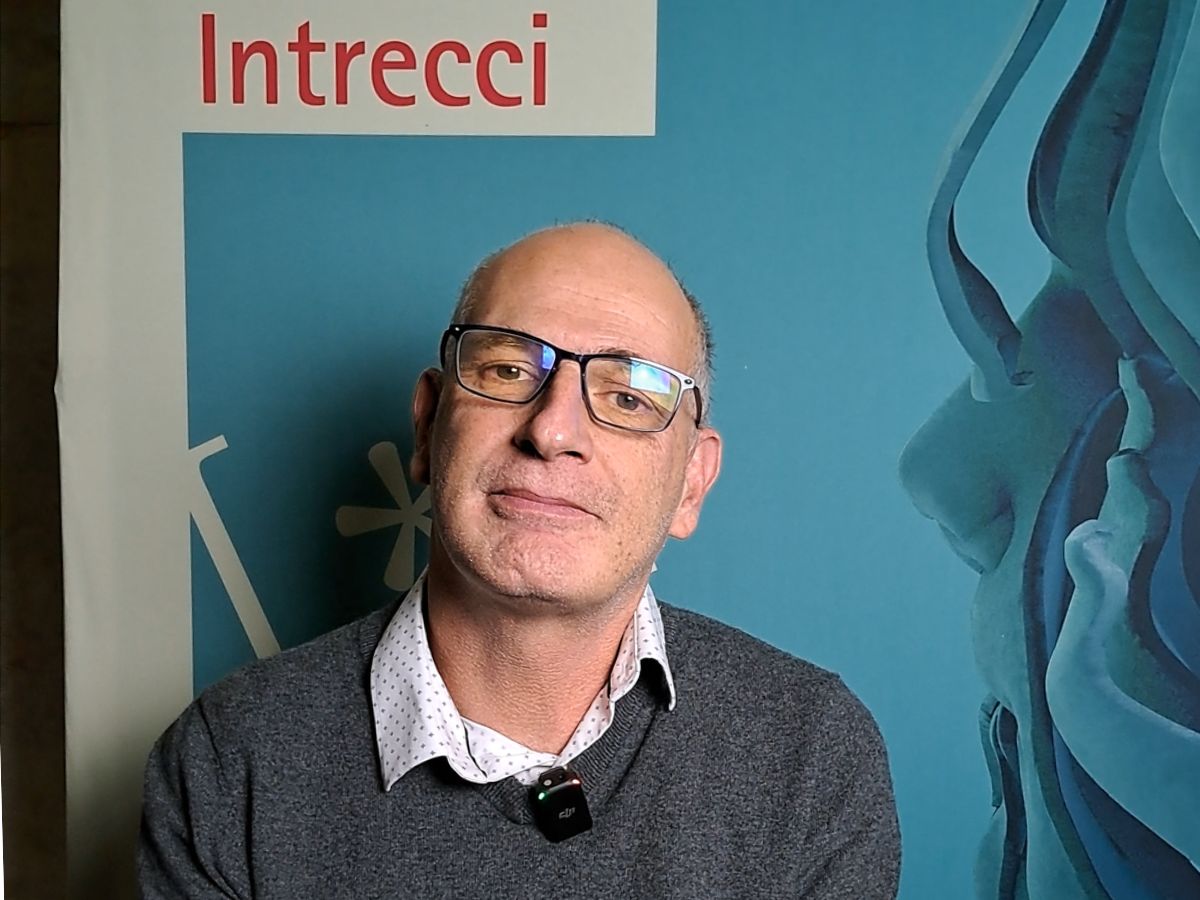Interview with Fabrizio Ferrrari, CEO of Aitek, which recently acquired the Circle Garage start-up created ai IIT.
In this climate of global uncertainty, Aitek S.p.A., a company working in the field of technological and digital solutions, has added Circle Garage S.r.l., one of the first IIT start-ups, developing innovative products and services for Industry4.0, to its capital.
Circle Garage began its journey as a company in 2013, launching a wearable electronic device, emerging from technology developed as part of the research activities carried out at IIT by Marco Gaudina, one of its founders and CEO, on the market. Gaudina and his colleague Luca Lagomarsino later moved on to other technological challenges, shifting the company’s focus to the development of software for the cloud and data analysis, which led to the creation of Hiris.io, the start-up’s flagship product.
We interviewed Fabrizio Ferrari, CEO of Aitek, to tell us about the story of this acquisition, the first of the entrepreneurial structures developing from IIT, whose objective is to foster mutual growth in order to face the technological challenges of the future more effectively.
Aitek is a leading company in the creation of high-tech systems for applications in areas ranging from video surveillance to motorway toll booths, from communication tools to video analysis; how did you come into contact with Marco Gaudina from Circle Garage?
I had already met Marco Gaudina at the beginning of his entrepreneurial adventure, when he was still considering the idea of creating a start-up: however, there we just discussed our respective ideas, and during those contacts I simply made a few suggestions based on the experience I had gained as part of the role I held at Confindustria at that time – about seven years ago. We met once again by chance in 2018, during a mission to China organised by IIT and ESA. Those ten days spent at conferences, dinners and informal chats over a beer enabled us to develop our mutual knowledge, and this triggered an entrepreneurial sensation that I began to work on after I had returned, introducing Marco and his business partner Luca Lagomarsino to the entire Aitek management. This initial approach served to verify whether my positive feelings were shared by the company management. And that was the case.
From an operational point of view, how do you plan on enabling the two organisations to work together?
This is a new area for Aitek; until now, all support operations for spin-offs and start-ups have been implemented by means of minority shareholdings and without any integration between the operational structures. This is why the challenge is extremely stimulating. We do not have a definite plan, but we know that this process of corporate integration has great potential. We think of integration in terms of crossover, a concept that is meaningful in the field of innovation and also in the area of processes and organisations.
Do you plan to move ahead with other operations of this type in the future?
I can say that this operation has been very exciting for me and that I enjoyed it considerably, so there are hopes of discovering other situations such as Circle Garage with which it could be possible to share mutual development in the industrial world. After all, Aitek itself began life as a university spin-off: that’s why it has always tried to establish ‘tutoring’ relationships with start-ups initiated in academic laboratories and to encourage entrepreneurial ideas from local researchers.
Considering your experience at the highest levels of Confindustria Genoa and your current involvement with local enterprise, which primarily comprises SMEs, do you think that the system of technology transfer from research structures to the market can help the process of innovation in our country?
I am absolutely sure that it can. In fact, during my past and present activities at Confindustria, I have always tried to ensure that the technology transfer process could continue to develop and improve. As this is an extremely complex issue, it is essential to constantly try new ways of fostering innovation. The strategies applicable to technology transfer are extremely varied and complex, which is why it is necessary to have a receptive approach, capable of involving the entire manufacturing system based on small, medium-sized and large enterprises: each of these business categories has different operating methods and timescales, because technology transfer is a ‘tailor-made’ process and it cannot be schematically defined.
Can your experience with Circle Garage be considered a ‘success story’, illustrating the way in which innovation can take shape in laboratories and go on to have an impact on manufacturing?
Considering that a bit of superstition never hurts, I would prefer to say that it is the beginning of a ‘success story’, which we are sure we will lead to a degree of fruition that is satisfactory for all the participants, and that we are working to ensure that this success is confirmed by the market.






